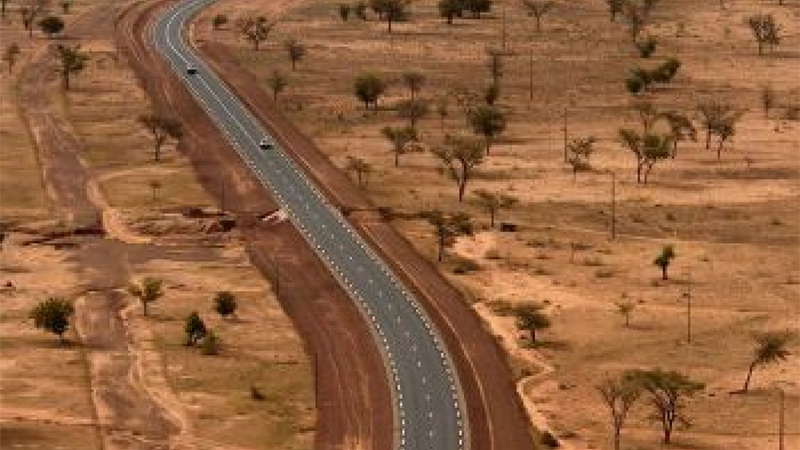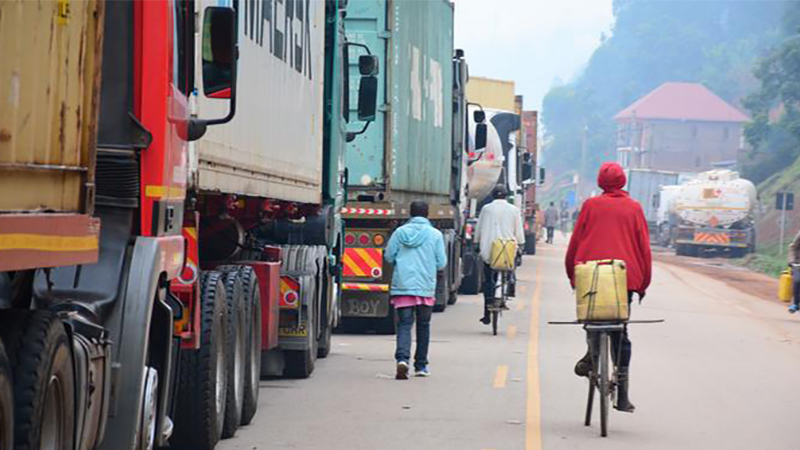Well-functioning transport networks and corridors are essential for countries' trade, economic growth and social progress. Promoting the development of transport and economic corridors is of high importance for enhancing regional connectivity and integration. Such corridors provide practical solutions for streamlining regional trade policy and regulatory environment, improving border-crossing procedures, removing behind the border constraints, and modernizing logistics and the transport fleet.
The Trans-Saharan Road Corridor (TSR) constitutes a major communication infrastructure initiative. It is expected to be a major axis for the development of commercial and economic activities between Northern and West Africa, contributing to reducing transport costs, boosting intra-African trade and improving regional and global connectivity. The commercialization of the TSR is expected to open new trade prospects and improved regional and global connectivity for three landlocked countries, namely Chad, Mali and Niger.
In this context, the objective of this project is to develop a regional transport corridor management mechanism to promote trade, enhance transport reliability and efficiency, minimize delays and transit times and reduce transport costs along the transport corridor.
The project encompasses the following outputs:
- A regional study analysing barriers and challenges associated with road and transit transport as well as logistics operations along the corridor
- A proposal for a management mechanism and coordination among member countries
- A proposal for an intergovernmental framework bringing together member countries of the transport corridor as well as an implementation plan.
A meeting with key stakeholders from beneficiary countries is foreseen to:
- present the findings of the regional study and validate its conclusions
- discuss proposals for a TSR Corridor management mechanism, regional coordination framework and intergovernmental instrument, and
- consider an action plan or the implementation of the various recommendations and proposals
Intended Outcomes:
- Closer coordination and cooperation among national and regional stakeholders to overcome regulatory, institutional and operational challenges facing the commercial operation of this corridor
- Enhanced performance of the TSR Corridor, improved transport connectivity, increased trade flows and business opportunities and greater economic integration and social progress.
Project activities and outcomes are directly linked to SDG 8 on decent work and economic growth, SDG 9 on resilient infrastructure, SDG 16, on peace, justice and strong institutions, and SDG 17 on partnerships.
Monitoring and Evaluation:
- Progress reports through states of the project implementation, end of project report
- Feedback received from beneficiary countries and the CLRT

Project Code
32TXBPartners
Trans-Saharan Road Liaison Committee/Comité de liaison de la route transsaharienne (CLRT)Donors
Islamic Development Bank (IsDB)Beneficiaries
Algeria, Chad, Mali, Niger, Nigeria and Tunisia
Duration
2018- 2020Budget
$ 226,000Related
Topic
 Transport, logistics and trade facilitation
Transport, logistics and trade facilitation
 Landlocked developing countries
Landlocked developing countries




